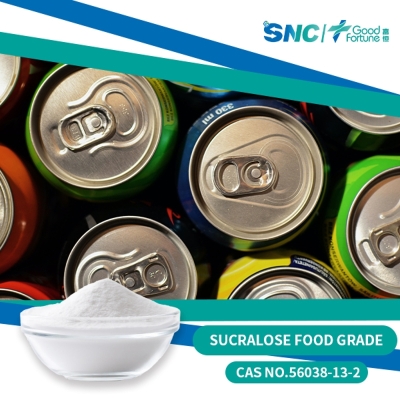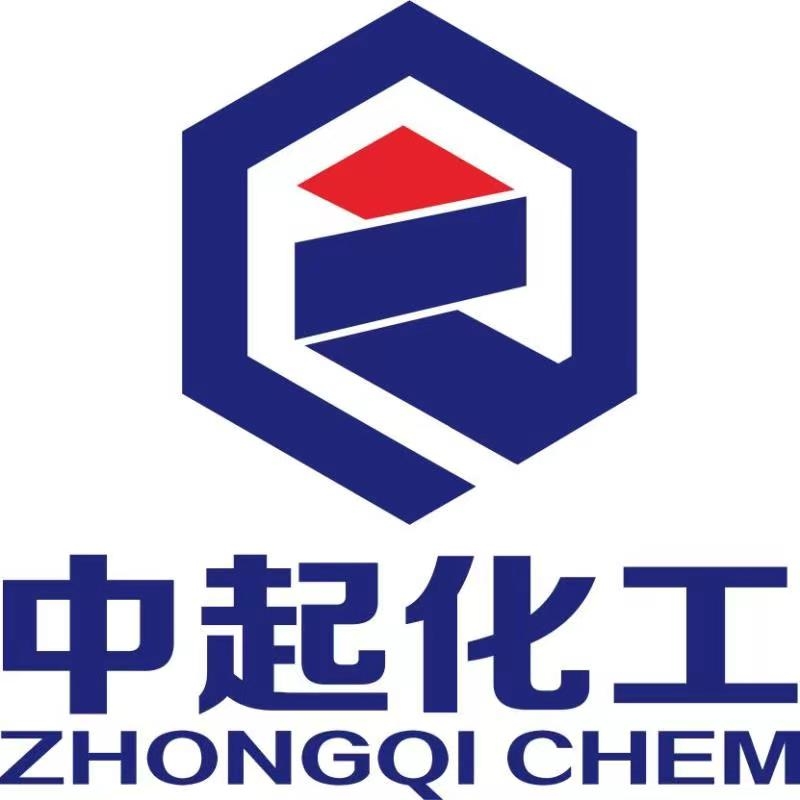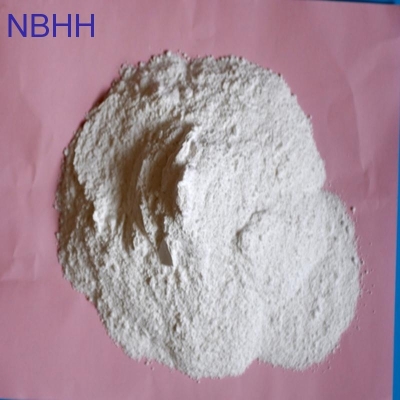What is natural sweetener
-
Last Update: 2017-03-31
-
Source: Internet
-
Author: User
Search more information of high quality chemicals, good prices and reliable suppliers, visit
www.echemi.com
Introduction: sweetener is a kind of food additive There are many kinds of sweetener, so what is natural sweetener? It is introduced in the article There are many kinds of additives, so what are natural additives? I will introduce them to you below According to the manual of food additives, sweetener refers to the food additive that gives food or feed a sweet taste At present, there are many sweeteners used in the world, and there are several different classification methods: according to their sources, they can be divided into natural sweeteners and artificial sweeteners; according to their nutritional value, they can be divided into nutritional sweeteners and non nutritional sweeteners; according to their chemical structure and properties, they can be divided into sugar and non sugar sweeteners Sugar alcohol sweeteners are mostly synthesized by man, and their sweetness is similar to that of sucrose Because of its low calorific value, or because of its different metabolic process with glucose, it can have some special uses Non sugar sweeteners are high in sweetness, low in dosage, low in calorific value, and do not participate in metabolism It is often called non nutritive or low calorific value sweetener and high sweetness sweetener, which is an important variety of sweetener Natural sweeteners are as follows: 1 Functional monosaccharide: high fructose, crystalline fructose, l-sugar, etc; 2 Functional oligosaccharides: isomaltulose, lactulose, raffinose, soybean oligosaccharide, fructooligosaccharide, lactulose oligosaccharide, lactose oligosaccharide, Isomaltooligosaccharide oligosaccharide, etc; 3 Polysaccharide alcohol: erythritol, xylitol, sorbitol, mannitol, maltitol, isomaltitol, hydrogenated starch hydrolysate, etc; 4 Glycosides: stevioside, stevioside, dihydrochalcone, glycyrrhizin, etc; 5 Dipeptides: sweetener (aspartame), alitame, etc; 6 Protein: sorbitan, monelin, kiwifruit, etc; 7 Sucrose derivatives: sucralose (also called saccharin), etc; 8 Artificial sweeteners: saccharin, cyclamate, acesulfame, neotame, etc Little knowledge of food additives has almost become an indispensable problem in the process of food production It's better to use the food safety detector to test it after the completion of production Now there are some problems about sweeteners and bulking agents, which have become a hot issue for people, including the difference between sweeteners and white granulated sugar , you can log in our safety net to check Editor in charge: he xianrob
This article is an English version of an article which is originally in the Chinese language on echemi.com and is provided for information purposes only.
This website makes no representation or warranty of any kind, either expressed or implied, as to the accuracy, completeness ownership or reliability of
the article or any translations thereof. If you have any concerns or complaints relating to the article, please send an email, providing a detailed
description of the concern or complaint, to
service@echemi.com. A staff member will contact you within 5 working days. Once verified, infringing content
will be removed immediately.







